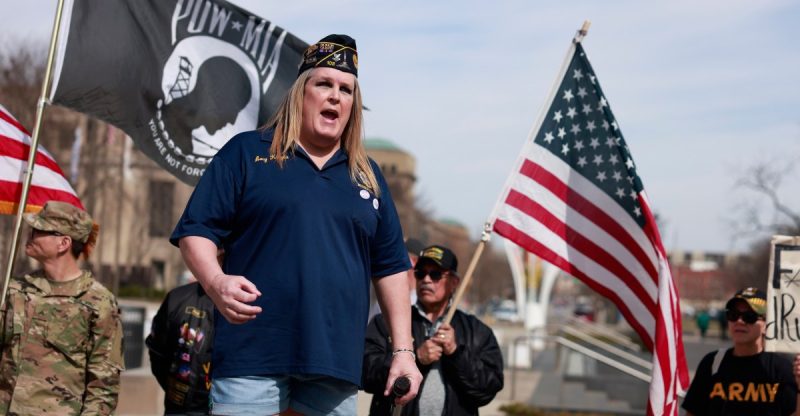
The Supreme Court’s recent decision to allow a Trump-era ban on transgender individuals serving in the military to stand represents a significant setback for LGBTQ+ rights in the United States. The Court’s refusal to hear the case effectively upholds lower court rulings that sided with the administration’s policy. This means that transgender individuals may continue to face discriminatory barriers to military service.
This decision comes as a disappointment to many who had hoped the Supreme Court would overturn the ban, which has been widely criticized as discriminatory and harmful. Advocates argue that the ban violates the principle of equal opportunity and infringes upon the rights of transgender individuals to serve their country. The policy has been linked to significant negative impacts on the mental health and well-being of transgender service members, forcing many to either conceal their identity or leave the military altogether.
The Court’s inaction leaves the future of transgender service members uncertain. While some might see this as a matter of military readiness or policy, the underlying issue is one of fundamental fairness and equality. The ban disproportionately affects a vulnerable population, raising questions about the military’s commitment to inclusivity and its ability to attract and retain the best talent regardless of gender identity.
This decision is likely to fuel ongoing debates about LGBTQ+ rights and the role of the judiciary in protecting vulnerable groups from discrimination. It underscores the need for continued advocacy and legislative action to ensure that transgender individuals are afforded equal opportunities in all aspects of life, including military service. The fight for equal rights continues, and this decision serves as a reminder of the challenges that remain.










